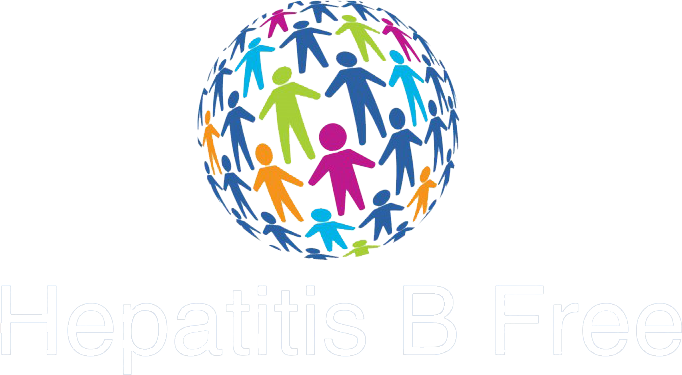Democratic Peoples Republic of Korea
The Democratic People’s Republic of Korea (DPRK), also known as North Korea, has a population of 25 million people. Hepatitis B is one of the biggest health issues in the DPRK. Although there is little reliable data, hepatitis B infection rates are estimated to be very high, affecting around 15% of the population.
When our teams started visiting the DPRK in 2015, we found there was scarce infrastructure to help people suffering from hepatitis B, with no antiviral therapy available. People with hepatitis were cared for at local “hepatitis hospitals”, however, these offered little more than rest, food and traditional herbal medicines.
The Hope Project
The HOPE (Hepatitis B Overview and Program to trEat) project is a program to provide life-saving hepatitis B medicines and care for the people of DPRK. HOPE was developed by Hepatitis B Free in partnership with Christian Friends of Korea, Global Care Partners and the Ministry of Public Health in DPRK. In 2016, the program began in two locations: Pyongyang (the capital of the DPRK) and Kaesong. It has now expanded with clinics in two additional cities (Haeju and Pyongsong) with plans for opening up additional sites. The program provides treatment and continuous follow up of patients, alongside training for local physicians and infrastructure for hospitals, with the long-term purpose of providing a sustainable model of care for hepatitis B in the DPRK.
1) Treatment
Antiviral therapies are life-saving medications that can prevent liver damage caused by chronic hepatitis B, including severe scarring (cirrhosis), cancer, and liver failure. These are very effective and can be taken as pills once per day. Tenofovir and entecavir are examples of these. We developed a program to provide these medications at the request of local physicians and the Ministry of Public Health. Our treatment program includes comprehensive testing and follow-up, based on WHO guidelines, identifying the patients most at need of treatment.
2) Improvements to hospital infrastructure
HOPE recognises the importance of sustainable change, and laboratory renovations including equipment and training has been made possible through the collaboration with CFK, Global Care Partners and other generous donors and volunteers. This will also enable local doctors to regularly screen and follow-up patients.
3) Regular follow-up of patients
Since the program began in 2016, teams of volunteers from Hepatitis B Free, CFK and Global Care Partners travel to the DPRK four times annually to screen new patients and continue to follow-up those who are already on treatment. On these trips, volunteer doctors see patients side by side with local physicians from the DPRK, allowing educational skills transfer and promoting strong working relationships.
What does the future hold?
As of May, 2019, over 1700 patients are being treated with hepatitis B antiviral therapy. While this still represents a fraction of those in DPRK living with chronic hepatitis B, it is only the beginning. Both patients and physicians have expressed a sense of renewed hope and optimism, and this has positive impacts on individuals as well as their families. Both volunteers and local partners have been celebrating the small victories together.
In addition to expanding coverage of our program to more remote areas, we have several exciting new initiatives. Supplies of the latest hepatitis B drug, tenofovir alafenamide, have been donated and are being shipped. We will be transitioning nearly all our patients to this medicine as it is more effective and has fewer side effects than the older drugs. We plan to start a hepatitis C treatment program this year. Although it is much less common than hepatitis B in the DPRK, we expect to treat as many as 100 patients in the first year. A 12-week course of therapy is curative in about 90% of those treated. Finally, a program to treat hepatitis B-infected pregnant women in their third trimester is being planned. This will greatly reduce the rates of maternal to child transmission of hepatitis B, which is the most common way that people contract the disease in the DPRK.

